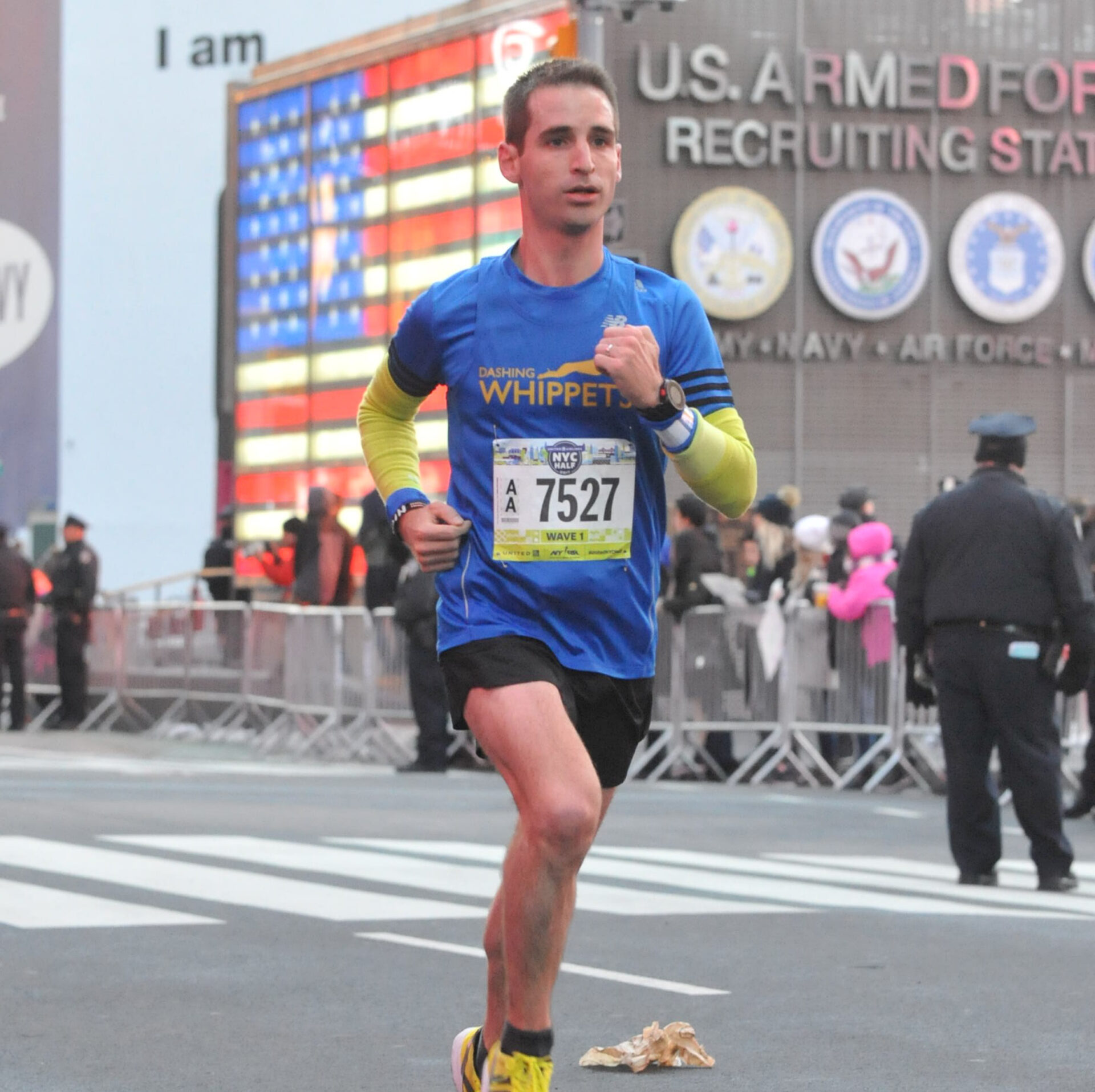In case you missed it, I’m currently training for my first marathon of 26.2 miles. Though I’m currently training in New York (Manhattan and Brooklyn), I’ll be traveling to San Francisco for the race on July 26th. I thought I’d share what I’ve learned so far from the training process.
Right after I completed my first half-marathon in New York in March with a time of 1:29, I began my training. I decided to train in 4 training cycles for 18 weeks (the first 11 weeks focusing solely on endurance). With 2 cycles now completed, I’m focused on race preparation and the final taper in which I’ll cut back on mileage.
1.) Planning ahead: To prepare for this event, I’ve learned a lot about how to structure and where to run during the week that best fits my goals and schedule. As with anything in adult life, this is one of the pillars to excelling at any endeavor.
2.) Running Physiology: For what I want to do, I knew I needed a little more advice than just logging in the miles. In order for me to structure and vary my runs I needed to read up on how the body works when running long distances. A few weeks ago I completed metabolic testing in an exercise lab at Yale University. Here, they measured my actual body weight and had me perform a test on a treadmill to see how much oxygen I transported to my muscles at max effort. Funny enough, the picture of me wearing the oxygen mask has been quite the conversation piece! A few days later the lab sent me data to help me with my workouts and nutrition. This is definitely a big help for the future.
3.) Proper nutrition: When reading up on the physiology of running, I made it a point to make sure that I eat the proper meals. Since I burn a higher percentage of fat at my slower paces and a higher percentage of carbs and sugars on my faster paces, I make sure my diet is set with everything I need. I always make it a point to eat enough before and after my run. I also just don’t eat anything I want just because I log miles in. I’ve put in a lot more hours this year and I don’t want to throw all that away. I also tend to burn less calories now than what I did a few years ago. The beginning of diminishing returns?
4.) Warming up: Often times I’ll start my runs a bit slower even if I’m planning on working on my speed. By doing so I can accomplish a lot more because I won’t feel tired midway through the run. If I’m taking the time out of my schedule to do something, I want to make sure I achieve the maximum benefit from each session.
5.) Varying types of runs: I just don’t run hard and hope for the best. I usually include speed sessions, recovery runs, lactate threshold runs, long runs and general runs. My recovery runs and days off are just as important as hitting the pavement with a harder session. I do my long runs slower than an official race, but they’re not a jog. Having completed my metabolic testing, I now measure my effort by my heart rate. I do use my smartwatch, but try not to rely on it too much as a crutch. If I’m doing a long run, mentally I’ll find it easier to only view the split of my current lap rather than as a whole with my average pace.
6.) Working out hard segments: Knowing that San Francisco is hilly, I definitely include inclines in my routes. I have a love-hate relationship with a particular segment of Central Park called Harlem Hill that I’ll do repeats on for a little shy of .50 miles. This is a great form of resistance training for me as well since I’m not currently lifting weights.
7.) Listening to your body: Usually I’ll have a specific goal that I try to work on, but at the end of the day I’ll always listen to my body to see what I’m capable of doing. Since preparing for a marathon is new to me I have been figuring it out and learning from the experience. If a day calls for 16 miles with 12 at pace but can’t do it yet, I’ll try to settle for 8. I’m cautious of form and make sure I’m not really tense in my neck or shoulders. I really try to keep it simple. If it doesn’t feel right and natural, I’m doing something wrong.
8.) Seeking out help from qualified people: At the end of the day, it’s always best to seek out the advice solely from a marathon runner or someone who specializes in the sport.
9.) Exercising patience: I have to resist the temptation at times to start out too fast, especially on a run of say 18 to 20 miles. I’m still working on this as I’m trying to find what feels natural. Mentally I have to prepare when I run for more than 2 hours so I won’t rush the process. It’s excellent training for the marathon. I definitely don’t want to start out too fast and feel like I’m carrying a piano by mile 12. My goal is to hopefully maintain even pacing until the very last few miles of the race and use whatever energy I have left to push through and finish well.
